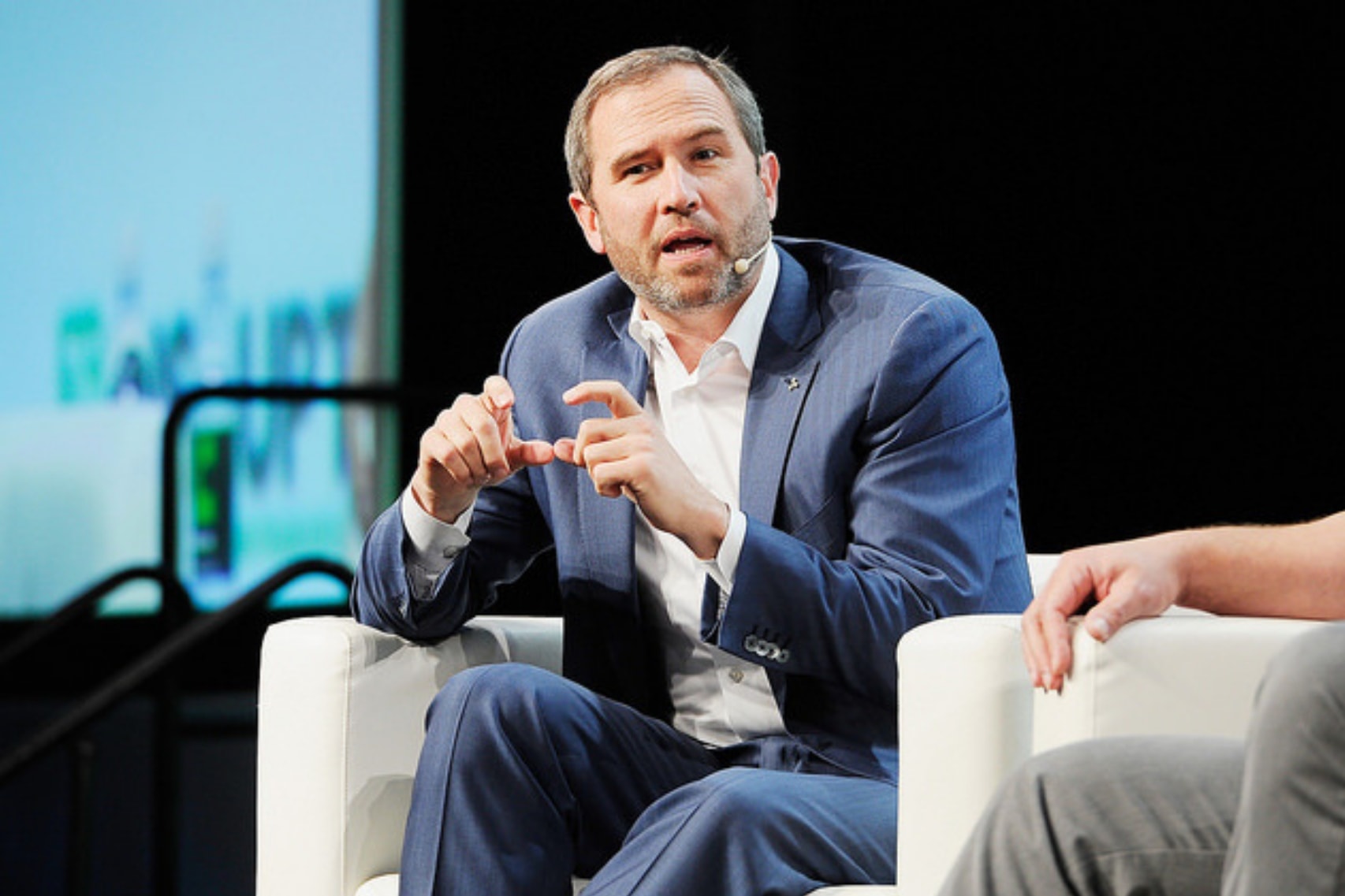Ripple CEO Brad Garlinghouse recently spoke at the World Economic Forum in Davos, Switzerland. There, he and other crypto heavyweights shared valuable insights regarding the future of cryptocurrencies on a panel hosted by CNBC’s Arjun Kharpal.
The panel included Garlinghouse, Founder and Chairman of the BCG Digital Ventures Jeff Schumacher, and Co-Founder of Silver Lake Partners Glenn Hutchins.
Bitcoin Is Going to Zero, It’s Not the Future Cryptocurrency
CNBC host Kharpel kicked off the panel with a question directed to Schumacher, who has predicted that Bitcoin (BTC) was going to zero. Schumacher was asked if he still believed this to be true, upon which he stated that yes, he still believes Bitcoin is doomed.
Adding to this, he said that Bitcoin is not a future currency. Rather, it has become the “gold standard” of cryptocurrencies (a store of value). However, he does not believe it will be this way for long, as Bitcoin’s environmental impact is far too negative for it to be sustainable.
Explaining further he said:
“If Bitcoin was pegged against the gold standard, which is about $7 trillion, it would be responsible for about 20% of the world’s carbon dioxide (CO2) production. So, just that alone tells you that it’s not going to be the go-forward thing.”
Bitcoin Is a Store of Value
Following Schumacher’s negative statements about Bitcoin, Hutchins shared his view about Bitcoin and its value proposition going into the future. He agreed that Bitcoin will probably not be used as a currency due to its inability to scale and lack of utility, but he believes it will be used as a store of value.
He stated that because Bitcoin is the most secure and the most decentralized cryptocurrency with the longest history, it is and will be used as a store of value. He further stated that other cryptocurrencies with more use cases and utilities will be used for more practical ends.
“The Value of Any Digital Asset Will Be Derived From Its Utility”
In response to Hutchins’ comment on cryptocurrencies with utility, Garlinghouse was quick to note:
“The long-term value of any digital asset will be derived from the utility that it delivers.”
Further stating that while Bitcoin certainly has scalability issues and environmental problems with proof-of-work (PoW), he doesn’t see it going to zero any time soon. In fact, Garlinghouse said he still owns Bitcoin and believes it will continue to be a store of value going into the future.
Garlinghouse then took some time to talk about XRP, stating that it is far more scalable than Bitcoin with greater utility, as it can be used for cross-border payments between financial institutions. He also said that Ripple was neither a blockchain or cryptocurrency company, but rather a payments company.
He later explained:
“There is an opportunity to fundamentally rewire how modern economic or modern financial infrastructure works and the pre-funding you have about ten trillion dollars pre-funded banks around the world in order to enable cross-border payments.
If you could take advantage of crypto liquidity to fund real-time payments you can actually take that ten trillion dollars and use it for other purposes which is great for societies, it’s great for banking, it’s great for the industry, so that’s what we’re trying to rewire”
What do you think about the 3 different insights provided by the cryptocurrency experts above? Who do you agree with most? Let us know in the comment section below.

